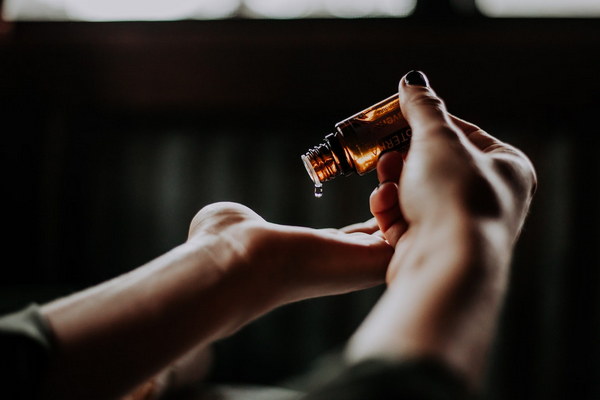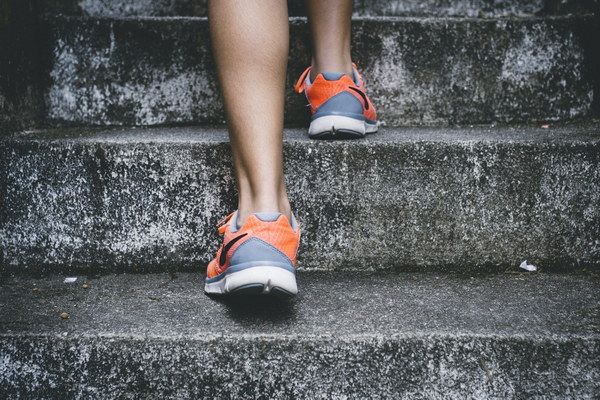Revitalizing Your Health Natural Remedies for Long-Term Alcohol and Sleep Deprivation
In the fast-paced modern world, it's not uncommon for individuals to find themselves struggling with the consequences of long-term alcohol consumption and sleep deprivation. These habits can take a significant toll on one's health, leading to a myriad of issues such as weakened immune systems, increased stress levels, and chronic fatigue. However, there are natural ways to nurture your body and mind back to health. Here are some essential tips for revitalizing your health after long-term alcohol and sleep deprivation.
1. Prioritize Sleep Hygiene
Sleep is crucial for recovery and rejuvenation. To improve your sleep quality, establish a consistent sleep schedule, aiming for 7-9 hours of restful sleep each night. Create a calming bedtime routine that includes activities like reading, meditation, or taking a warm bath. Ensure your bedroom is conducive to sleep by keeping it cool, dark, and quiet. Consider using blackout curtains, eye masks, and white noise machines to enhance your sleep environment.
2. Hydrate and Rehydrate
Alcohol is a diuretic, which means it can lead to dehydration. To counteract this, drink plenty of water throughout the day. Aim for at least 8-10 glasses of water daily. You can also incorporate hydrating foods into your diet, such as watermelon, cucumbers, and oranges. If you're accustomed to drinking alcohol before bed, gradually reduce your intake and replace it with water or herbal teas.
3. Nourish Your Body with Nutrient-Rich Foods
A balanced diet is essential for recovery. Incorporate a variety of fruits, vegetables, whole grains, lean proteins, and healthy fats into your meals. These foods provide essential vitamins, minerals, and antioxidants that can help repair and strengthen your body. Consider adding superfoods like turmeric, ginger, and spirulina to your diet for added benefits.
4. Exercise Regularly
Physical activity can boost your mood, improve sleep quality, and enhance your overall well-being. Engage in regular exercise, such as walking, cycling, yoga, or swimming. Aim for at least 30 minutes of moderate-intensity exercise most days of the week. Exercise helps reduce stress, improve sleep, and support your body's natural detoxification process.
5. Manage Stress
Chronic stress can exacerbate the negative effects of alcohol and sleep deprivation. Learn to manage stress through techniques such as deep breathing, mindfulness meditation, and progressive muscle relaxation. These practices can help calm your mind and reduce the physical symptoms of stress.

6. Support Liver Function
The liver plays a critical role in detoxifying the body. To support liver health, avoid consuming excessive amounts of alcohol and eat foods that aid in detoxification, such as cruciferous vegetables (broccoli, cauliflower, and Brussels sprouts), beets, and artichokes. Green tea is also beneficial for its liver-protecting properties.
7. Consider Detoxification Programs
If you've been consuming alcohol for an extended period, consider a supervised detoxification program. These programs can help your body safely eliminate alcohol and other toxins while providing support to manage withdrawal symptoms.
8. Seek Professional Help
If you're struggling to break the cycle of alcohol and sleep deprivation, it may be helpful to seek the assistance of a healthcare professional. A therapist or counselor can provide strategies for overcoming addiction and managing stress.
In conclusion, the journey to recovery from long-term alcohol and sleep deprivation is a gradual process that requires patience and commitment. By focusing on sleep hygiene, hydration, nutrition, exercise, stress management, and seeking professional help when needed, you can begin to revitalize your health and improve your overall well-being. Remember, it's never too late to start making positive changes for a healthier life.









